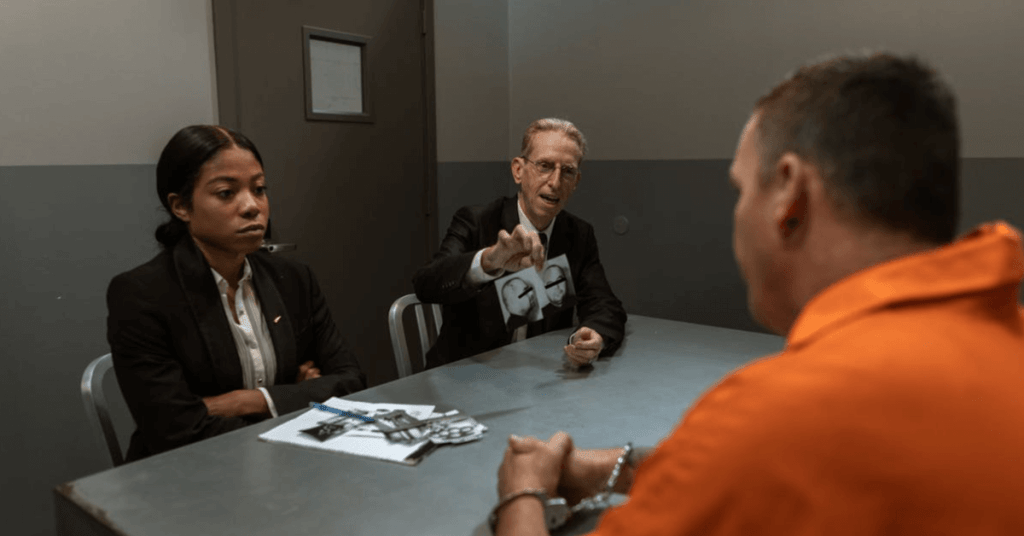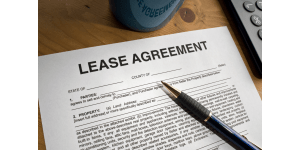The initial decision to charge someone with a crime is typically made by the police or other law enforcement agencies. Here’s a breakdown of the roles of law enforcement and prosecutors in this process:
Table of Contents
TogglePolice or Law Enforcement Agencies
These entities are responsible for investigating alleged offenses, collecting evidence, and making the initial determination of whether there is sufficient evidence to charge the alleged offender. Police compile a “brief of evidence” that contains the relevant information.
Here’s a sample list of some of the officers and law enforcement agencies that can charge you with an offence depending on your jurisdiction:
- Local Police
- Federal Police
- Road Policing Drug and Alcohol Section (RPDAS)
- Transport for NSW (TfNSW) (formerly known as Roads and Maritime Services or RMS)
- Commonwealth Director of Public Prosecutions
Public Prosecutors
Once law enforcement agencies decide to press charges, they provide the brief of evidence to public prosecutors. Prosecutors carefully review this evidence and make a crucial decision on whether to proceed with the case. This decision hinges on several factors:
- Sufficiency of Evidence: Prosecutors evaluate whether the evidence is strong enough to support a conviction in court.
- Public Interest: They consider the broader public interest in pursuing the case, weighing factors such as the severity of the alleged crime and the potential impact on the community.
- Legal Considerations: Prosecutors also assess the case’s legal merits and adherence to relevant laws and procedures.
- Victim’s Wishes: They may take into account the wishes of the victim, if applicable, but this doesn’t solely determine the decision.
Prosecutor Categories
A prosecutor is a lawyer who acts for the state or the Commonwealth in a criminal case. Their role is to present the government’s case against the accused person and try to get justice in accordance with the law. Prosecutors have a duty to be fair, do the right thing, and do what is best for the people.
Prosecutors in Australia can be divided into two categories:
- Public Prosecutors: Public prosecutors work for the government at the state or federal level. At the state level, public prosecutors are represented by the Office of the Director of Public Prosecutions (DPP) in each state or territory. The DPP prosecutes serious criminal offences, such as indictable crimes. At the federal level, prosecutors are represented by the Commonwealth Director of Public Prosecutions (CDPP), which handles cases that involve federal criminal offences or matters of national interest.
- Police Prosecutors: In some states and territories, police prosecutors represent the state in less serious criminal matters, such as summary offences. These prosecutors are usually members of the police force who have received specialized training in legal issues. They typically appear in lower courts, such as Magistrates’ Courts.
In summary, while prosecutors don’t directly charge individuals, they wield significant discretion in deciding whether to proceed with a case initiated by law enforcement. The court will determine the appropriate penalty or punishment if you are found guilty.
Also read: Why Does Pleading Guilty Reduce Your Sentence?
Who Decides What a Crime is
Crime is defined as an act or omission that violates the law and is punishable by the state or federal government. Crimes are considered violations of public order and are established by legislation defining each crime’s elements and penalties.
- Magistrates’ Courts: Summary offences are typically dealt with in lower courts, such as Magistrates’ Courts, and can include traffic violations, public nuisance, and minor theft. Summary offences are relatively minor crimes, often called “misdemeanours” in some jurisdictions.
- District or Supreme Courts: These crimes dealt by this court include murder, rape, robbery, and drug trafficking. Indictable offences are more serious crimes usually heard in higher courts, such as District or Supreme Courts.
- Specialized government agencies: Specialized government agencies may prosecute regulatory offences. These are violations of specific regulations or statutes that govern particular areas of activity, such as environmental protection, workplace safety, or consumer protection.
What Offences Will Make an AVO Part of a Defendant’s Criminal Record?
Upon conviction for violating an Apprehended Violence Order (AVO), the court is mandated to impose a prison sentence and record the offense on your criminal record if the violation involved a violent act. However, this provision does not apply if you were under 18 at the time of the violation.
It’s important to note that even the mere attempt to commit an act that would constitute a breach of an AVO is considered an offense in itself and is treated as a contravention of the AVO.
Have the Police Charged You for An Offence?
Our AVO lawyers understand the difficulty of being charged by the Police, and we are committed to providing our clients with the highest quality legal advice and representation.





